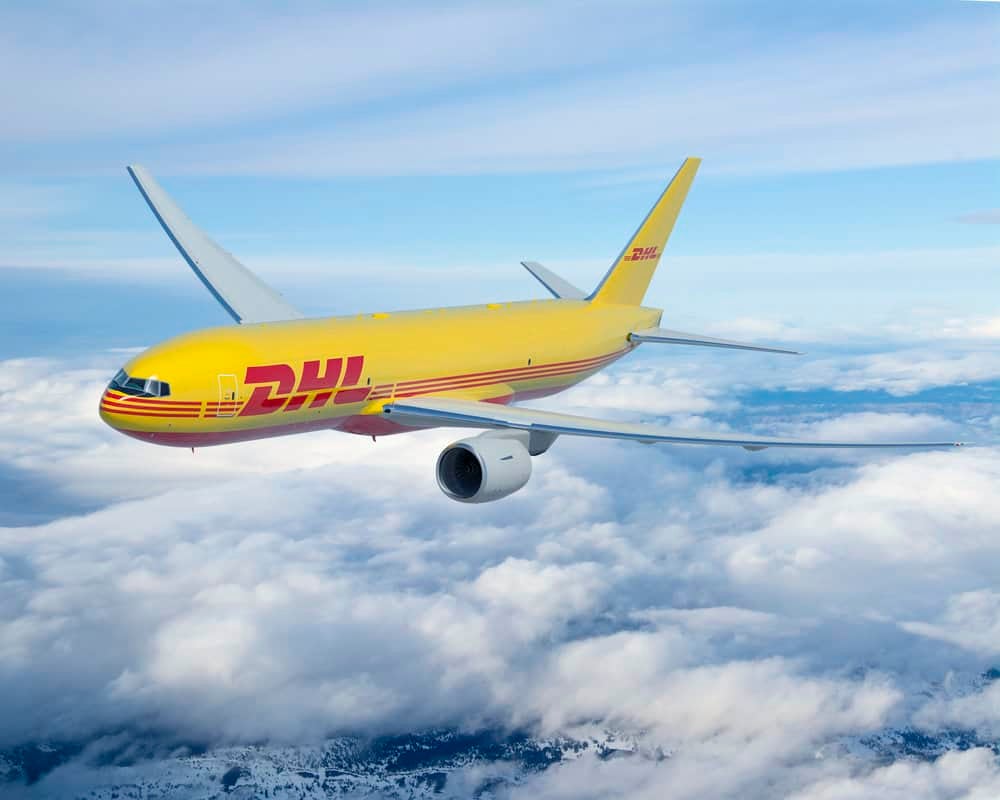FreightWaves is providing a forum – Market Voices – for a number of market experts.
Cathy Morrow Roberson is a market analyst with a research and economics background. Roberson began her career as a librarian; she was then an analyst at an e-commerce start-up; and was an analyst at UPS Supply Chain Solutions supporting market, competitive and mergers & acquisition research and analytic needs for 11 years. After a brief stint with specialized consulting firms, Roberson now manages the logistics-focused market research firm, Logistics Trends & Insights LLC, which is based in Atlanta, Georgia.
The message was clear at the recent World Cargo Symposium – air cargo needs an upgrade. Despite having benefited for the past year and one-half from restocking and front-loading ahead of U.S.-imposed tariffs on Chinese imports, the air cargo market is now faced with slowing volumes and revenue.
Manufacturing slowdowns have negatively impacted air cargo demand. In the latest International Air Transport Association (IATA) data, January indicates a second consecutive month of global volume declines, which are anticipated to continue into February for a third month. Indeed, the Association of Asia Pacific Airlines (AAPA) recently published February data and it was not a surprise. February volumes declined 11.9 percent. However, it should be noted that the Chinese New Year was in February this year, which skews year-over-year comparisons. Instead, a look at the first two months combined presents a clearer picture – albeit a dismal one – of an 8.3 percent decline.
Commenting on the February data, Andrew Herdman, AAPA Director General said, “The slowdown in the manufacturing sector with the ongoing softening in trade sentiment point to the likelihood of continued weakness in air cargo markets in the coming months. Nevertheless, ongoing growth in e-commerce shipments should provide some level of support to air cargo demand.”

E-commerce appears to be the solution to pull up a transportation mode that is known more for transporting high-valued goods such as pharmaceuticals and high-tech goods rather than goods typically ordered from such online retailers as Amazon, Tmall or Zalando.
Ludwig Haussmann, partner at McKinsey & Company, told the audience at the World Cargo Symposium that “the cross-border ‘click-to-door’ e-commerce market currently stands at five billion shipments annually and is estimated to account for around 10 percent of total air cargo volumes. This is expected to grow to 20 percent by 2022.” In terms of revenue, Haussmann said that e-commerce’s share of air cargo revenues is just 5 percent, but is expected to increase to around 12 percent by 2022.
Despite IATA focusing on e-commerce as a solution to jump-start the air cargo market, there are doubts among carriers. In an interview with The Loadstar, Qatar Airways chief officer for cargo Guillaume Halleux, said, “So, everybody gets very excited about e-commerce but I keep telling my organization let’s be very cautious, we don’t want to do e-commerce for the sake of being trendy, you do it if it makes business sense.” Chief executive Richard Forson of Cargolux bluntly noted in the same article, “So am I going to be another UPS or FedEx? No, that’s not my business at the end of the day.”
Although there are lingering doubts, air cargo operators are beginning to address e-commerce. For example, in late 2018, Lufthansa and China Post entered into a “Joint Freight Operation” agreement, under which China Post would leverage capacity on Lufthansa Cargo flights to improve e-commerce-driven air mail transportation between China and Europe.
Also in 2018, Emirates SkyCargo announced an agreement with Cainiao Smart Logistics Network Ltd., the logistics arm of Alibaba, to work together to manage e-commerce shipments in the Middle East and neighboring regions via a planned Cainiao Dubai hub.

More, of course, is needed to address efficiency improvements, speed, visibility, returns and additional value-add services. As such, carriers are investing in technology and building and/or joining online platforms. One such platform, Cargo.One, provides spot-market booking and tracking of air cargo by connecting directly with airline systems through API connections.
Meanwhile, Oman Air Cargo now offers its customers electronic access to its capacity via Traxon cargoHUB from information technology firm CHAMP. Traxon cargoHub enables airlines and forwarders to exchange electronic messages regardless of the message type or protocol used. Oman Air Cargo joins Aeromexico, Cargolux, Flexport, Japan Airlines, Silk Way West Airlines, Turkish Cargo and others that utilize Traxon cargoHub.
Gains are certainly being made to improve efficiencies in individual carriers’ operations. But, the fact of the matter is, the primary integrators – DHL, FedEx and UPS – are well ahead of the overall air cargo market by leading the charge in terms of services, network configuration and available capacity for rising e-commerce demands. In addition, new players are entering the market. The largest to date, Amazon, whose Prime Air is ranked tenth globally for capacity additions in 2018.
Will air cargo providers sit back and let the integrators and new entrants enjoy more and more e-commerce volumes and revenue? Hardly, but the market’s slow response in an environment that is rapidly changing will prove detrimental to air cargo carriers’ bottom line. The air cargo market needs an upgrade, one that reduces slow paper processes to one that is capable of responding quickly for faster delivery times and visibility.










